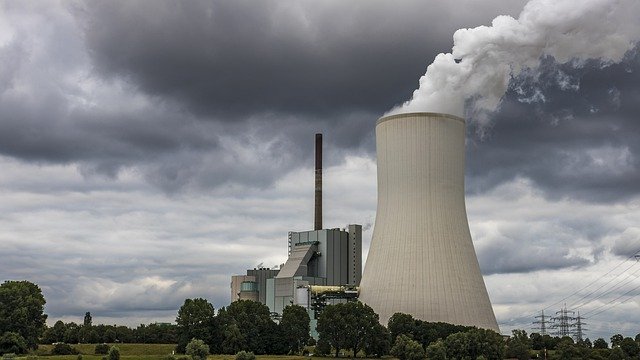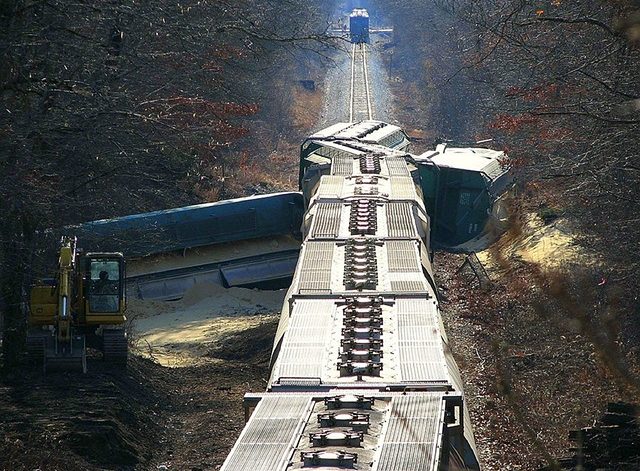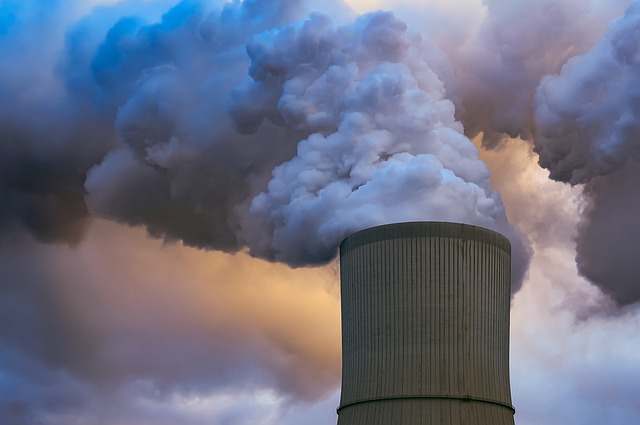Introduction
Due to urban sprawl and increasing population, municipal solid waste is being produced in high quantity each day. This issue of waste requires proper handling and supervision. The accumulated waste often results in the outbreak of diseases. There are various municipal solid waste-related treatment methods; however, the specific ways that do not cause threats to the environment should be taken into consideration. Waste to energy is a technique that has economical and environmental benefits.
Developing countries like Pakistan need such ways that are eco-friendly. The country recently experienced a blackout due to technical problems in the power distribution system, although load shedding is very common. In such times, the country should utilize renewable energy sources that are cheap and less destructive to the environment.
Also check out: Improper Management of Solid Waste in Pakistan and Its Effects
Waste to Energy Plants
Waste to energy plant works on the technique of combusting municipal solid waste to generate power/electricity for domestic or commercial purposes. There is a difference between previous waste to energy power plants and today’s energy recovery power plants. In past, the incinerator plants only used to combust waste, and this process caused the release of toxins into the air. The current model of waste to energy plants are operating with improved technology. These plants remove toxic matter from the waste and recycle it.
Waste to Energy Techniques
There are numerous techniques that are used in waste to energy plants. The main categories include incineration, thermal technologies, and fuel from plastic and nonthermal technologies. Thermal and nonthermal technologies have further options.
Thermal technologies are based on thermal depolymerization, plasma arc gasification, and pyrolysis. The non-thermal technologies include fermentation, anaerobic digestion, and mechanical biological treatment.
The outcomes of every technique vary from one method to another such as combustible gas, biogas, fuels, etc. The biggest advantage of using technologies is reducing heaps of waste while cutting down the contributing hazards of municipal solid waste on the environment.
Environmental Benefits
Power generation plants such as coal-based power plants have negative impacts on the environment. The waste to energy plant is environmental friendly. Environmental benefits of waste to energy plants include less air pollution as compared to coal-based power plants. It reduces the release of carbon and methane in the atmosphere that might cause effects of greenhouse gases although Pakistan’s contribution to greenhouse gases is less than 1 %.
Also check out: 10 Ways to Eradicate Solid Waste – Methods of Reducing Waste
Conclusion
The energy deficit country Pakistan is suffering from environmental issues. The country needs more waste to energy plants so that huge piles of waste can be utilized to produce inexpensive electricity. The power generated through waste to energy plants is less damaging to the environment.
Recommendation
It is recommended that the government of Pakistan should shift focus towards the implementation of more waste to energy plants. New effective laws and regulations should be introduced concerning waste management plans.
There is a case study related to MSW, check it out: Biomethane from MSW– A Case Study of Karachi Pakistan
I hope you all liked this post! Please comment below if you have any suggestions, comments, or feedback! We at #envpk love hearing from our readers! Thanks!




